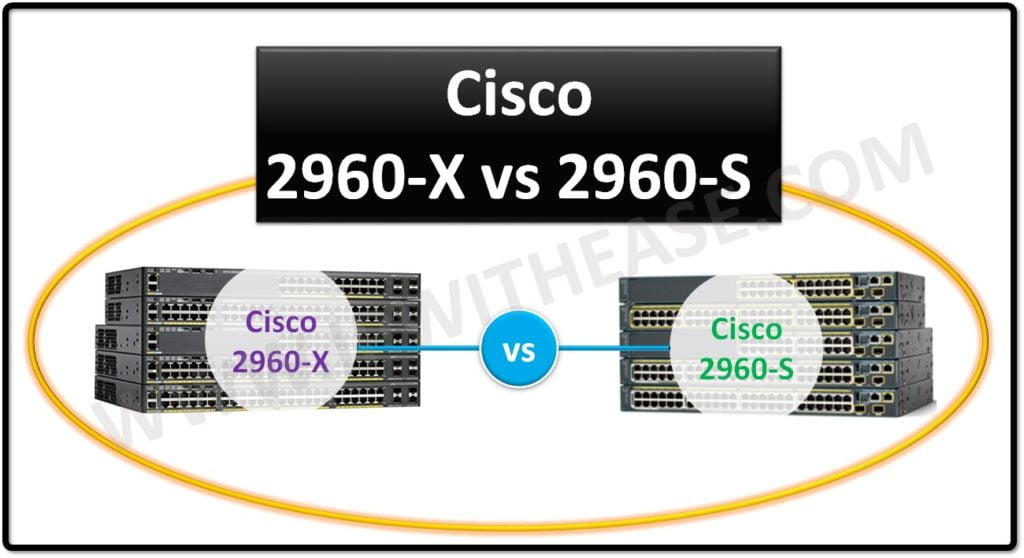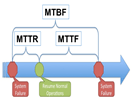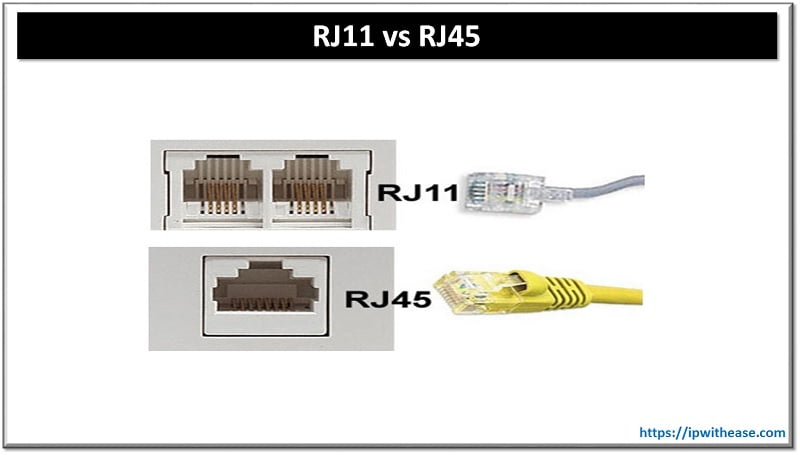Power computers, smartphones, tablets, and various other digital devices are powered through the cornerstone of modern-day technology, which is semiconductors. Throughout this article, we will explore the factors that make semiconductors crucial to computer technology, from faster data processing to the dual capabilities they possess that make them ideal in the creation of semi-conducted chips, something that is used in almost every modern-day computer.
Semiconductors Unveiled: Powering Modern Innovation
Firstly, you must understand what a semiconductor is before we delve deeper into why they are essential for powering modern computer technology. Semiconductors are materials that have electrical conductivity between that of a conductor (such as aluminum or copper) and an insulator (such as rubber or glass). They will be typically made in semiconductor plants using elements like germanium or silicon.

Significance of Semiconductors in Computer Tech
- Semiconductors are essential to modern computer technology. This is because they can control the flow of electrical currents. For example, by manipulating the electrical properties of semiconductors, individuals can create electronic devices such as diodes, integrated circuits, and transistors.
- Transistors, made from semiconductors, are critical to modern computer processors as they form the building blocks of most modern computer devices. For instance, they act as switches, allowing or blocking the flow of electrical current. Complex computer devices can combine millions or even billions of transistors on a single chip, making them more powerful.
- Another reason semiconductors are crucial to computer technology is because they enable the miniaturization of electronic components. For example, their small size and ability to manage high frequencies make them ideal for creating efficient and compact devices. This has led to the development of smaller and more powerful computers, smartphones, and other electronic devices.
Without semiconductors, it would be impossible to create smaller devices that could hold significant amounts of data, run more complex applications, and process information faster.
Types of Semiconductor
There are two main types of semiconductors based on the elements that are included alongside silicon in a process known as “doping”. These are introduced to the crystalline silicon to alter the properties of a finished semiconductor.
n-type semiconductor
For instance, an n-type semiconductor will comprise one or more impurities based on atoms such as antimony, bismuth, arsenic, and phosphorus.
p-type semiconductor
The other primary type of semiconductor is the p-type; this comprises five electrons in its valence layer, which increases the level of conductivity of a typical semiconductor purely made from silicon.
Nevertheless, there is constant pressure on chipmakers in the semiconductor industry to develop something better, cheaper, and more state-of-the-art than before.
Role of Semiconductors in Shaping Modern Applications
As mentioned above, semiconductors are the foundation of modern computing, with devices like laptops and mobile devices relying heavily on them to create the best products for consumers. However, their role in shaping modern applications is more significant than you may think.
For example, semiconductors are also found in switches, routers, and communication infrastructures that form the backbone of the Internet, allowing individuals to communicate globally.
Furthermore, semiconductors are also paving the way for a more sustainable world. For instance, they are vital in solar farms and wind turbines worldwide.
Overall, semiconductors are crucial to computer technology and much more in the modern lives of human beings. This is because they allow individuals to control and manipulate electrical current, leading to miniaturized devices, powerful processors, and advanced communication systems.
Banking, security, healthcare, transportation, and manufacturing are just some of the industries that currently rely on semiconductors to cater to a growing global demand for modern state-of-the-art technology, and it’s an industry that will only continue to flourish as we become more reliant on technology.
Continue Reading:
Device Driver and Firmware: Know the difference
Difference between BIOS and CMOS
ABOUT THE AUTHOR
IPwithease is aimed at sharing knowledge across varied domains like Network, Security, Virtualization, Software, Wireless, etc.



